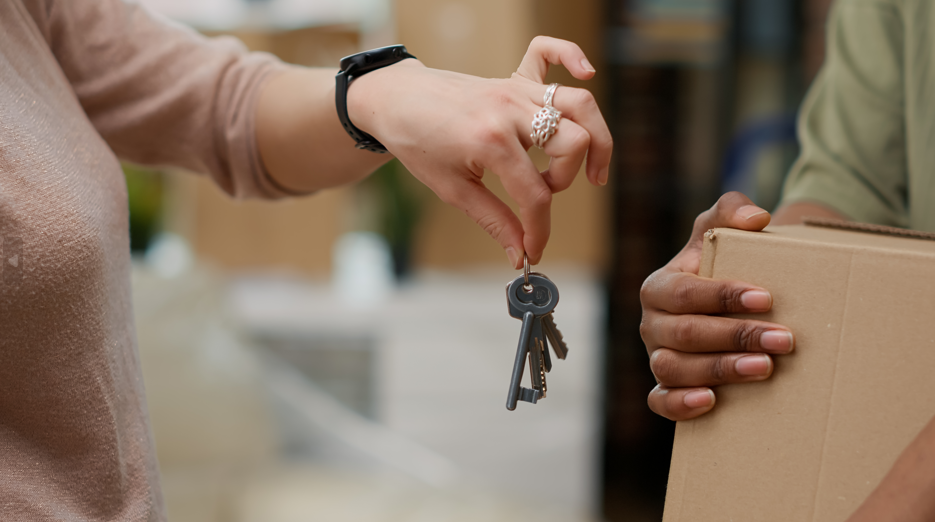Buying a Second Home with Felicity J Lord, a London Estate Agency

Purchasing a second home can be an exciting and rewarding endeavour. Whether you're looking for a coastal holiday retreat, a city bolt hole, a residence for a family member, or a rental investment, there are many motivations for acquiring an additional property.
This comprehensive guide outlines what buying a second home entails and how it differs from purchasing a primary residence.
Using Equity to Buy a Second Home
You can indeed buy a second property using the equity in your main home. For a second home mortgage, a 25% deposit is required. Lenders will evaluate whether you have sufficient equity to cover the mortgage repayments. To calculate your equity, subtract the remaining mortgage balance on your primary residence from its current market value.
Deposit Requirements for a Second Home
The deposit for a second home is higher than for a primary residence, while a primary home mortgage typically requires a 5-10% deposit, a second home mortgage demands at least 25%. You can utilize the equity in your main home by remortgage and using those funds as a deposit for your second property.
Types of Mortgages for a Second Home
A specific type of mortgage is needed for a second home, these mortgages involve more stringent financial checks to ensure you can manage repayments on two properties. The following specialist mortgages might be applicable:
- Buy to Let Mortgage: For renting out the property
- Holiday Let Mortgage: For short-term rentals to holidaymakers
Register today! Be amongst the first to see new listings and off-market homes for sale in your area.
Difficulty in Securing a Second Home Mortgage
Securing a mortgage for a second home can be more challenging, lenders are cautious as applicants already have significant financial obligations from their primary residence mortgage. Besides a 25% deposit, lenders require proof of substantial income to manage repayments on both properties, factors such as age and income stability are also considered.
Tax Implications of Buying a Second Home
Purchasing a second property affects your tax liabilities. You will incur a higher stamp duty rate compared to your main residence, without the 0% rate benefit on properties up to £250,000. The following table shows the current stamp duty rates for additional properties (as of August 2023):
| Up to £250,000 | 3% |
| £250,001-£925,000 | 8% |
| £925,001-£1.5m | 13% |
| Above £1.5m | 15% |
Capital gains tax (CGT) will also apply, basic rate taxpayers pay 18% on the value increase when selling a non-primary residence. The only way to avoid CGT on a second home is if the value increase is below the individual capital gains allowance (currently £12,000). Additionally, you will be liable for council tax on the second home unless you qualify for an exemption or discount, more information on council tax exemptions can be obtained from your local council.
Additional Costs of Buying a Second Home
Purchasing a second property entails standard home-buying costs, including mortgage arrangement fees, valuation fees, conveyancing costs, and buildings insurance.
Let Us Help with Your Property Search
If you're considering buying a second home, Felicity J. Lord can assist you. Contact your local branch today to start your property search!







